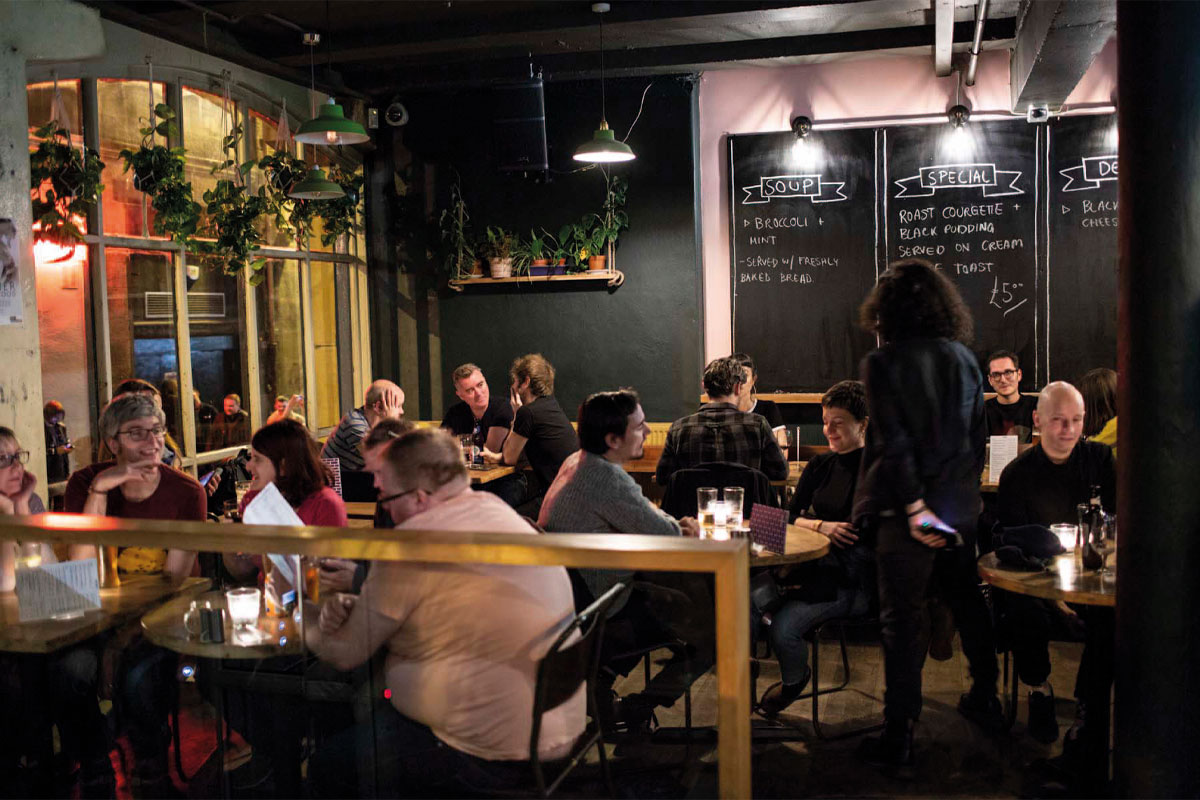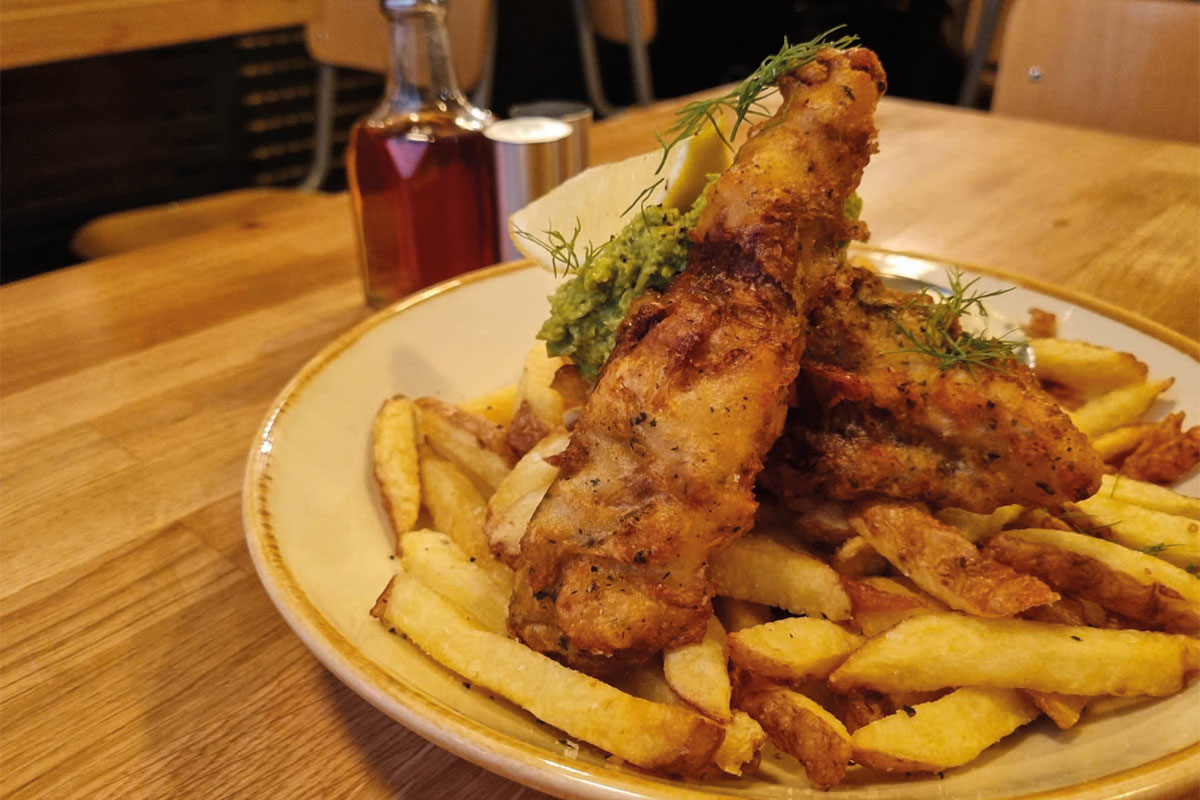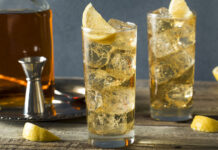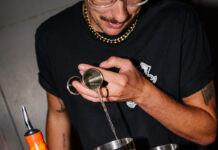No extra costs, but a little extra work, keeps customers coming back

VEGAN hospitality has snowballed over the last decade, moving in from the misunderstood fringes to the mainstream, where it is now established as a fiercely self-defining market segment that drinks manufacturers simply cannot afford to ignore, writes Gordon Davidson.
As set out by The Vegan Society, veganism is an approach to life which seeks to exclude, as far as is possible and practicable, all forms of exploitation of, and cruelty to, animals for food, clothing or any other purpose.
In practice, this means a plant-based diet avoiding all animal foods such as meat, fish, shellfish and insects, dairy, eggs and honey, as well as avoiding animal-derived materials, products tested on animals and places that use animals for entertainment.
At the sharp end of the on-trade, catering for vegan customers means requesting and checking your suppliers’ ingredients lists with both an eye for that Vegan Society definition, and an awareness that the boundaries of veganism are still far from set in stone, and customers may want to know your interpretation.
Chris Amos is support manager for the six hospitality units, loosely affiliated in a business group, which have quietly defined the dedicated vegan sector in Scotland – Glasgow’s Stereo, Mono, The Flying Duck, The Old Hairdressers, and The 78, and Edinburgh’s Harmonium.
Chris has been working at this vegan coalface for 11 years, and while he can remember a time when the principles of the movement could act as a deterrent to both casual customers and irritated suppliers, he told SLTN that stocking and running a vegan bar is now ‘not that much different’ from conventional, so long as you don’t neglect your homework.
It helps that many of the big drinks suppliers have already adapted to the vegan basics, doing away with animal-derived fining agents like gelatine, isinglass and egg whites in beer and wine production.
Big hitters like Tennent’s and Guinness have been fully vegan compliant for some years now, although Chris noted that they may have not made much noise about it, for fear of triggering any ‘change of formula’ backlash, while newer breweries like Beavertown and Bellfield have built in the animal-free principle from the ground up.
“There’s been a snowball effect with veganism over the last few years, and for a lot of companies it has become a given that they must tap into that market – it is no longer an option for them not to give a shit.
“We don’t take it for granted,” Chris stressed. “Once a year, our site managers will spend several hours contacting each brand supplier to check their recipes comply, and share that information about, so once one unit has OK-ed something, the others can use it too.
“Thing is, the more people that try it, the easier it gets. It would always be nice to have access to more suppliers, but right now, I would say that sticking to vegan sourcing does not add to our costs at all.”
But if beer has got easier, what’s the weak spot on the gantry?
Chris doesn’t hesitate: “Liqueurs are tricky. When there is sugar and colouring in a recipe, we have to ask questions. Has the sugar been bleached using bone char? Is that bright red colour cochineal?
“Most sugar is now bleached bone-free, but we need to check. As for Chambord, we gave up and just started making our own, soaking pulped fruit in grain spirit for a while. Sure, it is not as red as the branded stuff, but our customers appreciate that we don’t add any beetle.”
Of course, since inception, the Glasgow vegan bars within the group have always offered food, currently sourcing through Green City and Dunns, and Chris is proud to say that instances of casual customers turning tail and running at the sight of a meat-and-dairy-free menu are now few and far between.
“As a long-term vegan, I have a difficult relationship with stuffed peppers myself,” he laughed, “but there is nothing limited about these menus now. And people are much more open to just tasting food that is good.”
As if on cue, the table next to ours (as we are sat chatting in Renfield Lane’s Stereo) gets their lunch delivered, and it all looks very tempting. There’s a creamy curry dish, which is no great surprise, but is that a battered fish and chips?
“Banana blossom,” he explains. “Toss it in seaweed, salt and batter, it fries up just like monkfish. It’s very popular. We’re vegans, but that doesn’t mean we can’t do pub grub.”




















